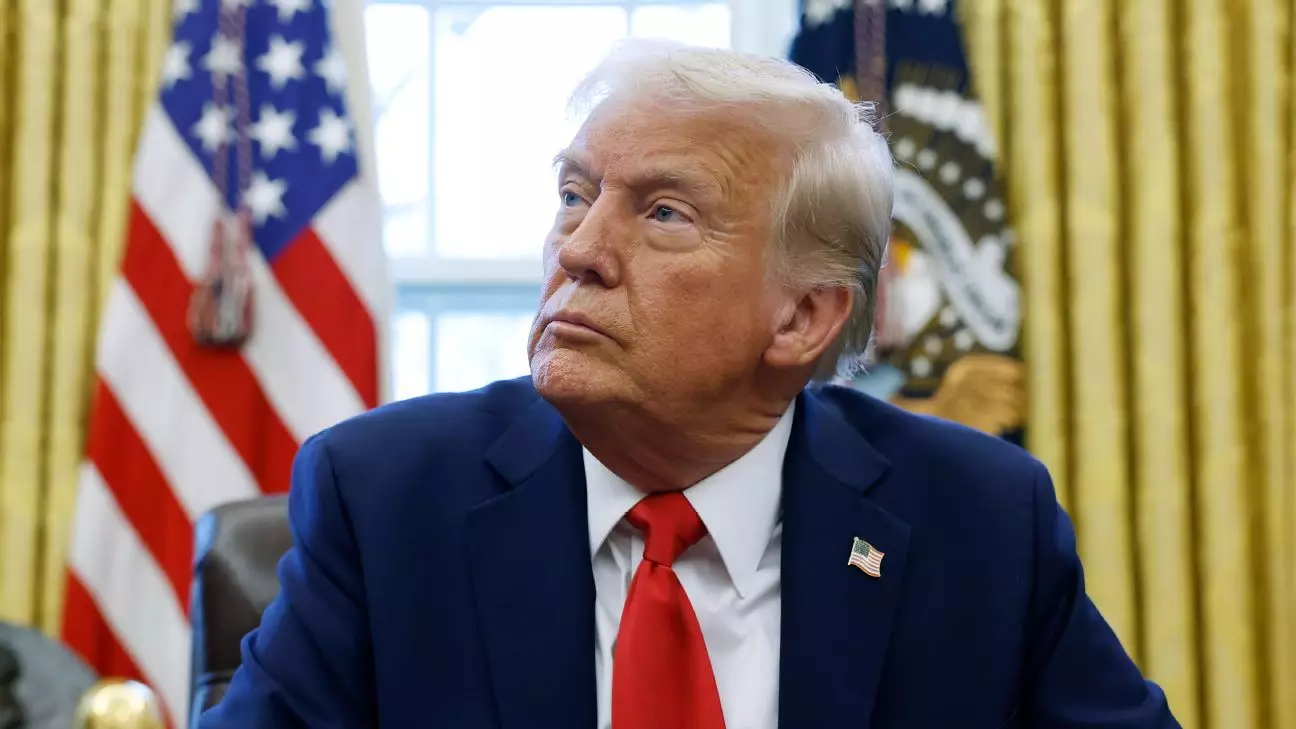In a groundbreaking move, President Donald Trump is set to attend the Super Bowl in New Orleans, marking a historic moment as the first sitting president to witness the championship game live. The event, pitting the Kansas City Chiefs against the Philadelphia Eagles, promises not just thrilling action on the field, but also a significant event for presidential history. This unprecedented attendance is sure to draw the attention of the nation, spurring discussions on the role of the presidency in modern cultural events.
The U.S. Secret Service is taking extensive precautions to ensure the safety of all those attending the Super Bowl, including the president. In an official statement, Secret Service spokesman Anthony Guglielmi detailed the advanced planning and coordination efforts already in place. Security protocols are notably heightened for this occasion, reflecting the complexities involved when a sitting president participates in such a large-scale public event. With thousands of fans, players, and staff present, the Secret Service aims to provide a safe environment without compromising the festive atmosphere that defines the Super Bowl.
In light of potential threats and the need for enhanced safety, the Secret Service has advised attendees to follow upcoming communications about security checkpoints and regulations. This proactive approach is indicative of the new security landscape, where public safety measures must constantly evolve in response to societal norms and expectations.
As part of his visit, Trump is scheduled to give an interview with Fox News’ Bret Baier, which is expected to be aired during the network’s pregame programming. Engaging with the media at such a high-profile event is a strategic move for any president, serving both to reinforce visibility and connect with American audiences. Traditionally, presidents partake in interviews around the Super Bowl, but participation has varied during Trump and his successor Joe Biden’s administrations. Trump’s choice to engage with Fox News is telling, as it underscores his base’s loyalty and the importance of media strategy in shaping public perception.
While Trump’s political allegiance often surfaces during such events, he has been reticent when pressed for a prediction about the game’s outcome. He alluded to admiration for the Chiefs’ quarterback, Patrick Mahomes, yet refrained from declaring a favorite team. This ambiguity may stem from his desire to appeal to a broader audience, demonstrating a careful balancing act between personal interest and political savvy.
Trump’s social media presence is continuously intertwined with his public persona. Following the Chiefs’ AFC Championship victory, he took to his platform to congratulate them, linking their success to his political base with remarks about the enthusiastic support he received from fans. This dynamic interplay between sports and politics is particularly relevant in today’s media landscape, where narratives are crafted and reinforced.
As the country gears up for the Super Bowl, Trump’s involvement is sure to exacerbate the already heightened emotions surrounding the game. Whether seen as a political stunt or a genuine interest in the sport, his attendance represents a convergence of cultural, political, and entertainment spheres that increasingly define the modern American experience.

